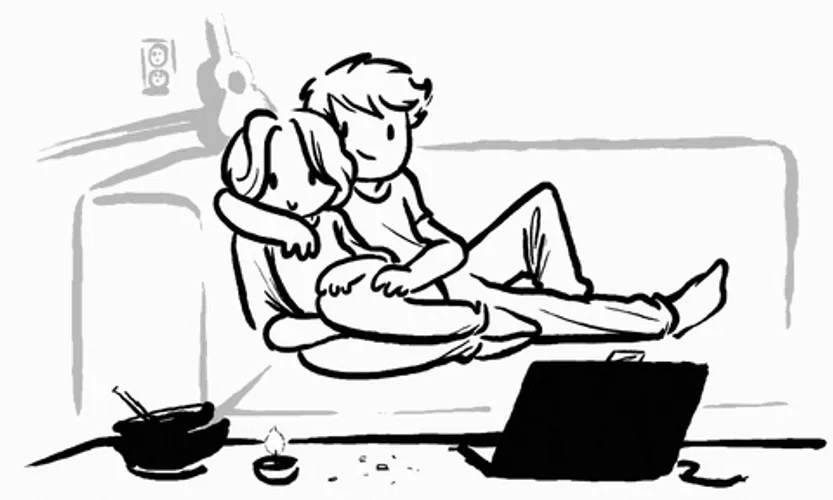New York’s Voted To Supply Millions Of Free Tampons To Students And Homeless Women
"No one should put their dignity on the line because they happen to get their period."

It’s no secret that Australia is woefully behind the times when it comes to treating menstruation like a genuine public health issue as opposed to a word grown men make icky faces at when they hear it.

Most of the current government frontbench on hearing that periods exist.
The stigma and shame associated with periods is still widely and deeply entrenched, and political leaders aren’t doing an awful lot to change that.
And it’s not as though they lack for opportunity. Activists have been pushing to scrap the tampon tax, which lists tampons, pads and sanitary products as “non-essential” health items subject to the GST, for a long time. Initiatives like The Homeless Period, meanwhile, are campaigning to see sanitary products distributed for free in homeless shelters, as condoms and razors are already.
But Australian politicians aren’t yet ready to get on board. Despite some rumblings last year, party leaders like Bill Shorten have been unwilling to commit to making sanitary products more affordable. Hopefully they’ll start taking cues from their counterparts over in New York, where the City Council just unanimously voted to supply sanitary products for free in public schools, women’s prisons and homeless shelters.
“No one should put their dignity on the line because they happen to get their period” – @JulissaFerreras pic.twitter.com/hpTdvG4q3C
— Brigid Bergin (@brigidbergin) June 21, 2016
The measure, which is expected to cost around US$2.5 million a year, will provide for over 300,000 students and 23,000 people in homeless shelters. It also puts New York at odds with much of the US — like Australia, most US states still list sanitary products as “luxury” or non-essential items.
“For students who will no longer miss class because they do not have a pad or tampon to mothers at shelters and women in prison who will have access to these critical yet often overlooked products, this package makes our city a more fair place,” Council member Julissa Ferreras-Copeland said after the vote. Ferreras-Copeland, a longtime campaigner for “menstrual equity”, was responsible for a pilot program earlier this year that supplied free sanitary products to 25 public schools in Queens and the Bronx.
Maybe now that menstrual equity is a reality in New York, Australia will follow suit. But if the lag-time for things that start in the US to get to Australia applies in this case, we should see similar progress shortly after we legalise marriage equality in 2025.